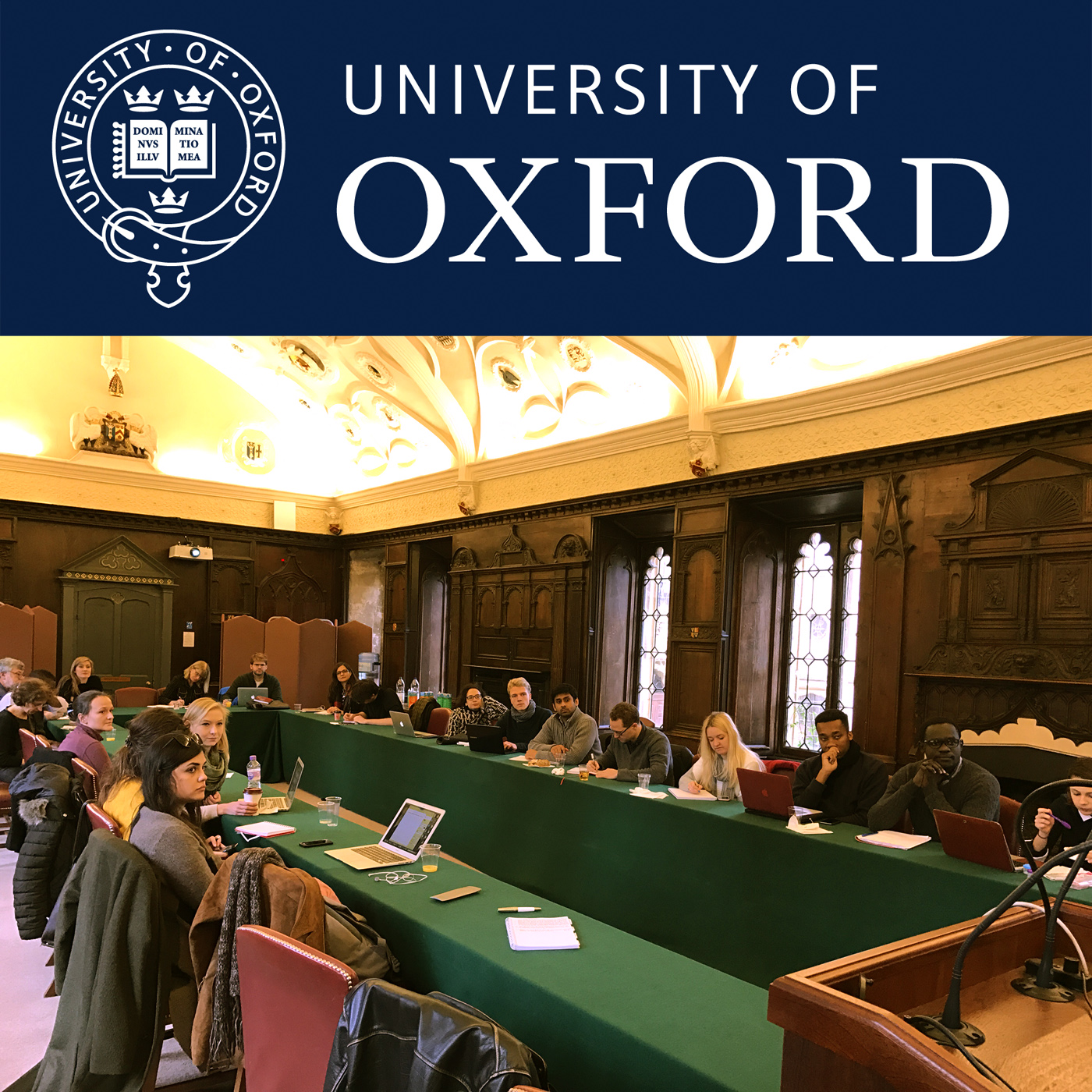Courting Failure: When are International Criminal Courts likely to be believed by Local Audiences?
Description
Can we reliably predict whether the populations affected by mass atrocities will believe in the accounts of the facts and criminal responsibility that are produced by international criminal tribunals? Drawing on research in social psychology and on a seri In that regard, a negative reaction by dominant local political, media and intellectual elites becomes more likely if there is a significant degree of continuity with the elites that were dominant in the particular group when the atrocities took place, the more authoritarian the relevant society is, and the greater the perception of the threat that the tribunal’s work poses to the dominant position of these elites. That means that some tribunals, like the Yugoslav one, but not necessarily all tribunals, are from the outset doomed to fail as vehicles of transitional justice, since they would in most instances be powerless to overcome determined local opposition.
Dr Marko Milanovic is associate professor at the University of Nottingham School of Law. He obtained his first degree in law from the University of Belgrade Faculty of Law, his LL.M from the University of Michigan Law School, and his PhD in international law from the University of Cambridge. He is Vice-President and member of the Executive Board of the European Society of International Law, an Associate of the Belgrade Centre for Human Rights, and co-editor of EJIL: Talk!, the blog of the European Journal of International Law, as well as a member of the EJIL’s Editorial Board. He was Law Clerk to Judge Thomas Buergenthal of the International Court of Justice in 2006/2007. He has published in leading academic journals, including the European Journal of International Law and the American Journal of International Law; his work has been cited, inter alia, by the UK Supreme Court and by the International Law Commission. He was counsel or advisor in cases before the International Court of Justice, the European Court of Human Rights, and the Constitutional Court of Serbia.
More Episodes
What explains the rise of investor-state arbitration? To the extent that investor-state arbitration had founding fathers, what were their motivations, what constraints did they have, what was their thinking? Using documents from the American, British, German, and Swiss archives, this talk will...
Published 05/31/19
Published 05/31/19
Investment treaties are often said to have two principal effects for the states that enter into them. First, it is asserted that investment treaties act to increase levels of foreign investment in host states. Second, it is said that investment treaties have a positive effect on national...
Published 05/07/19


